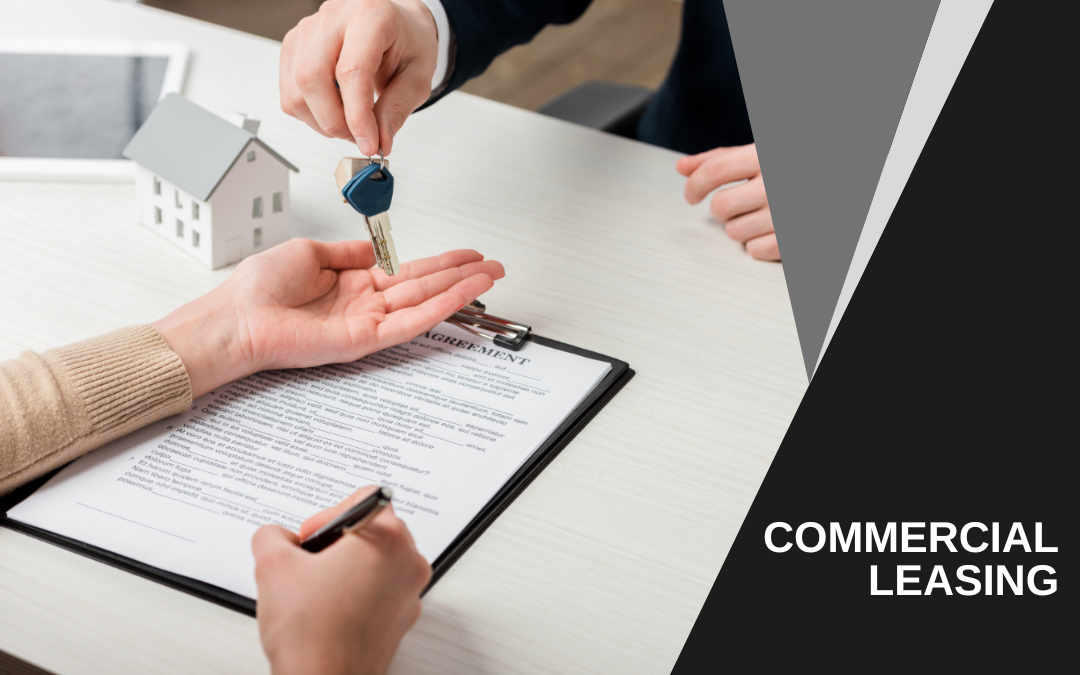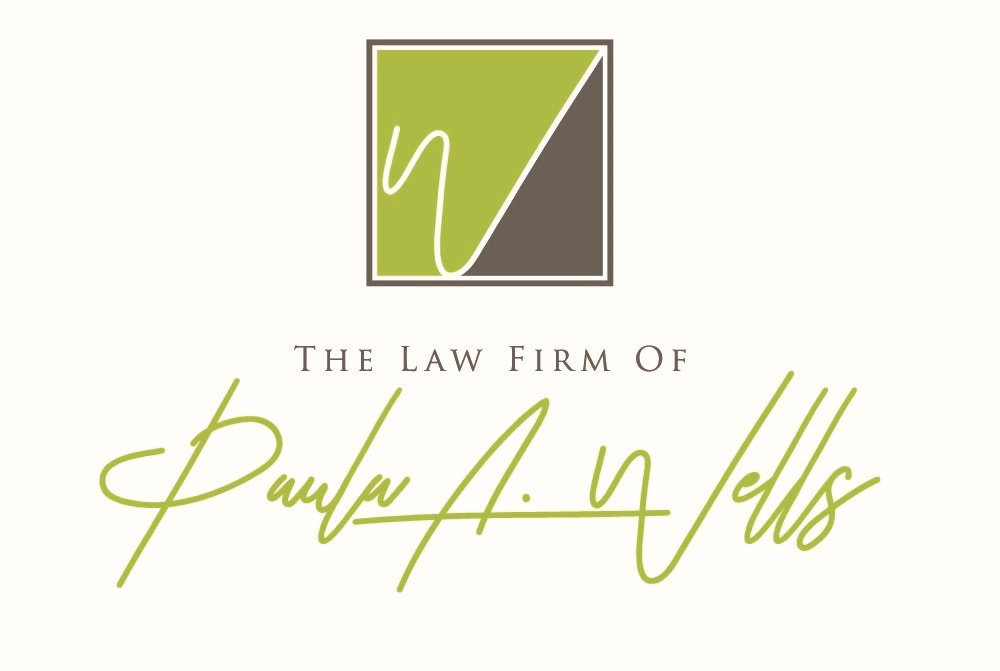FAQ Commercial Leasing

FAQ Commercial Leasing
What is a Commercial Lease?
A commercial lease is a legally binding agreement between a landlord and a tenant for the rental of property used for business purposes. Unlike residential leases, commercial leases are negotiable and often tailored to meet the specific needs of the business. They typically include terms related to rent, lease duration, property use, maintenance responsibilities, and renewal options. Commercial leases may fall under different categories, such as gross, net, or percentage leases, depending on how expenses like utilities and property taxes are handled.
How Long Does a Commercial Lease Last?
Commercial lease durations vary depending on the needs of the tenant and landlord. Short-term leases may last 1–3 years, while long-term leases often extend 5–10 years or more. Longer leases may provide stability for businesses, but they can also limit flexibility. Many leases include renewal options, allowing tenants to extend the lease under pre-agreed terms. It’s important to carefully evaluate lease duration based on your business goals.
Who Is Responsible for Repairs and Maintenance in a Commercial Lease?
Responsibility for repairs and maintenance depends on the lease type. In a gross lease, the landlord typically handles most expenses, including maintenance. In a net lease, the tenant may be responsible for property taxes, insurance, and upkeep. Tenants should clarify repair responsibilities in the lease agreement to avoid disputes.
What Is the Difference Between Gross and Net Leases?
Gross leases include all expenses, such as rent, property taxes, and maintenance, within a single monthly payment. Net leases, on the other hand, separate these costs, requiring tenants to pay a base rent plus a share of expenses like taxes, insurance, and utilities. Net leases can be categorized further as single, double, or triple net leases, depending on the scope of the tenant’s financial responsibilities.
Can a Commercial Lease Be Terminated Early?
Early termination of a commercial lease is possible, but it often comes with penalties unless the lease includes an early termination clause. Common penalties include forfeiting a security deposit or paying remaining rent for the lease term. Some agreements may allow early termination for specific reasons, like property damage or landlord breaches. Tenants should negotiate termination terms upfront.
What Is a Personal Guarantee in a Commercial Lease?
A personal guarantee is a legal agreement requiring an individual, often the business owner, to personally assume financial responsibility for the lease if the business fails to pay rent. This clause reduces risk for landlords but increases liability for tenants. Before signing, tenants should assess their financial ability to fulfill such guarantees.
How Are Rent Increases Handled in Commercial Leases?
Rent increases in commercial leases are usually outlined in the lease terms. They may be fixed, percentage-based, or tied to indices like the Consumer Price Index (CPI). Clear documentation of rent escalation clauses ensures tenants understand potential changes in their rental obligations over time.
Can Tenants Sublease a Commercial Property?
Subleasing is often allowed, but it depends on the lease agreement. Tenants must obtain the landlord’s written consent before subleasing. Subleasing transfers part or all of the rental space to another party, but the original tenant remains responsible for the lease obligations. Landlords may charge fees for sublease approval.
What Should I Look for in a Commercial Lease Agreement?
Key elements to review in a commercial lease include rent terms, lease duration, property use restrictions, maintenance responsibilities, renewal options, and termination clauses. Pay attention to any escalation clauses or hidden fees. Consulting with a commercial real estate attorney can help ensure favorable terms.
What Happens If I Default on a Commercial Lease?
Defaulting on a commercial lease can result in severe consequences, such as eviction, financial penalties, or lawsuits. Landlords may pursue remedies like seizing assets or enforcing personal guarantees. Tenants should communicate with landlords if financial difficulties arise to explore options, such as lease renegotiation or payment plans.
This article is for general informational purposes only and is not legal advice. Contact us today to discuss your specific situation.

